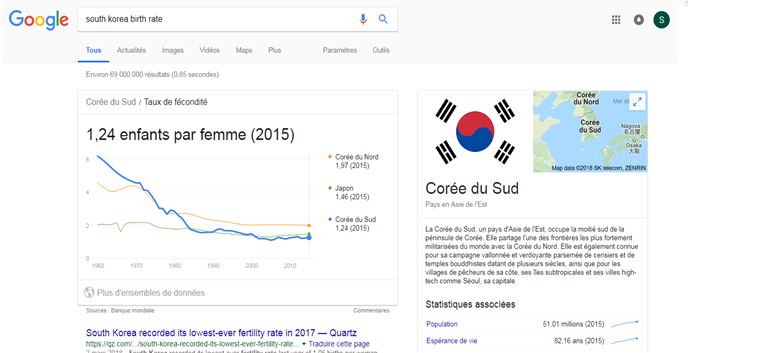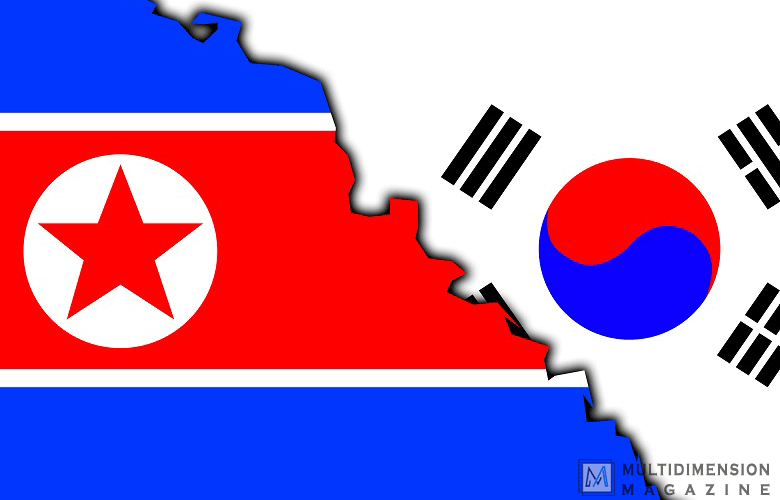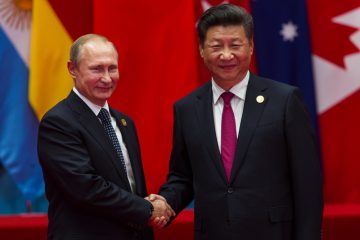Written by Steffy Khanam,
Seoul,
South Korea Photo : Shutterstock
When South Korea hosted the Olympics in 1988, North Korea refused to participate and it also blew up an South Korean Airliner 10 months before the event. But this time, North Korea participated in the events and even sent a women’scheerleaders team. Some might believe that the North Korean team’s participation in the 2018 Winter Olympics in PyeongChang, in South Korea, might be a sign of reconciliation, but how does South Korean population feel about it?
To find out the answer Iactually asked some of the students in Kyung Hee, students of Global Communication what their opinion was. All of them were willing to help North Korea in case they neededhelp, but they were completely against reunification, as they believe it might affect South Korea’s economy. Most of them thought that reunification would be a burden on them, as they were already struggling to find jobs after graduating. Hundreds of people registered to be participantsin any future future meetings between North and South Korea as many of them were separated from their parents, siblings or other family members, but today’s generation don’t believe they have any link with North Korea as none of them have immediate family members on the other side of the border. This attitude of complete refusal to the idea of reunification can also be explained by the fact that the younger generation believes there is great inequality in Korea, and they live in ‘hell Joseon’. They believe that living in Korea is almost like living in hell because of the youth unemployment and ‘no power’. While they themselves are already struggling how could they accept someone additional burden?
When I asked the same question to some expats in Korea, they also stood against any future reunification as they also believed that it might negatively affect the economy in South Korea. They believe both countries should be open to each other but continue to be two separate countries.
We had a similar situation with East and West Germany in 1990 in, with the same fears and negativity. But we can see how different the result turned out to be, once the whole-hearted commitment to make it work was there.The economic gap between North and South Korea is wider than the gap East and West Germany had. Or so it seems.
The Korea Institute for National Unification in Seoul ran a survey last year and found out that 71.2% of Young Koreans in their 20s opposed the idea of reunification. Four years ago 69.3% were for the reunification against 57.8% last year. The study also showed that among them, most were young men, especially after the mandatory military service.
Korean Military service is known as one of the hardest. One of the students of Seoul National University explained to me that there are many ways to avoid military service (or do it late), one of them is to do higher studies (PhD for example), that’s what he is doing. Only best students can have an excuse to delay the military service. Young Koreans might also be afraid to join the military in case of a problem during the reunifications.
This opposition became apparent during the Olympics when the two Korea marched together in the Opening Ceremony on the 9th February, more than 54,000 South Koreans signed a petition to show their anger. In 2010 a Korean Naval ship had been sunk by North Korea killing 46 sailors, which the young generation remembers very well as the event happened not that long ago.
The South Korean president, on the other hand, is supporting the reunification. He was born in a refugee camp after his parents fled North Korea. He said during the elections that if reunification happened, the first thing he would do is to go to his parents’ hometown with his mother.
South Korean government is trying to help North Korean refugees as much as they can. I met 2 North Korean refugees during my trip to Daegu. The government invited them to visit the City of Daegu (free of charge). They are also receiving a full scholarship to attend University. North Koreans also receive English classes from volunteer English native speakers. According to koreaherald.com, 1127 North Koreans defected to South Korea in 2017 (21% less than 2016).
The S. Korean government spent $2.64 million to host the North Korean guests during the Olympics despite the show of oppositionfrom its population. It is also being said that the South Korean government has been trying to attract foreigners to make up forits falling birth rate. Reunification might be a heaven sent solution to this problem of demography, high-lighting the fact that 2017 had the lowest birth rate on record (1.05 children per woman).





